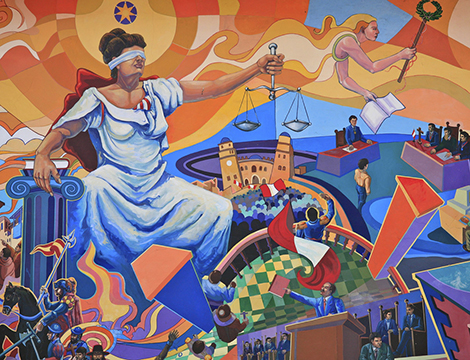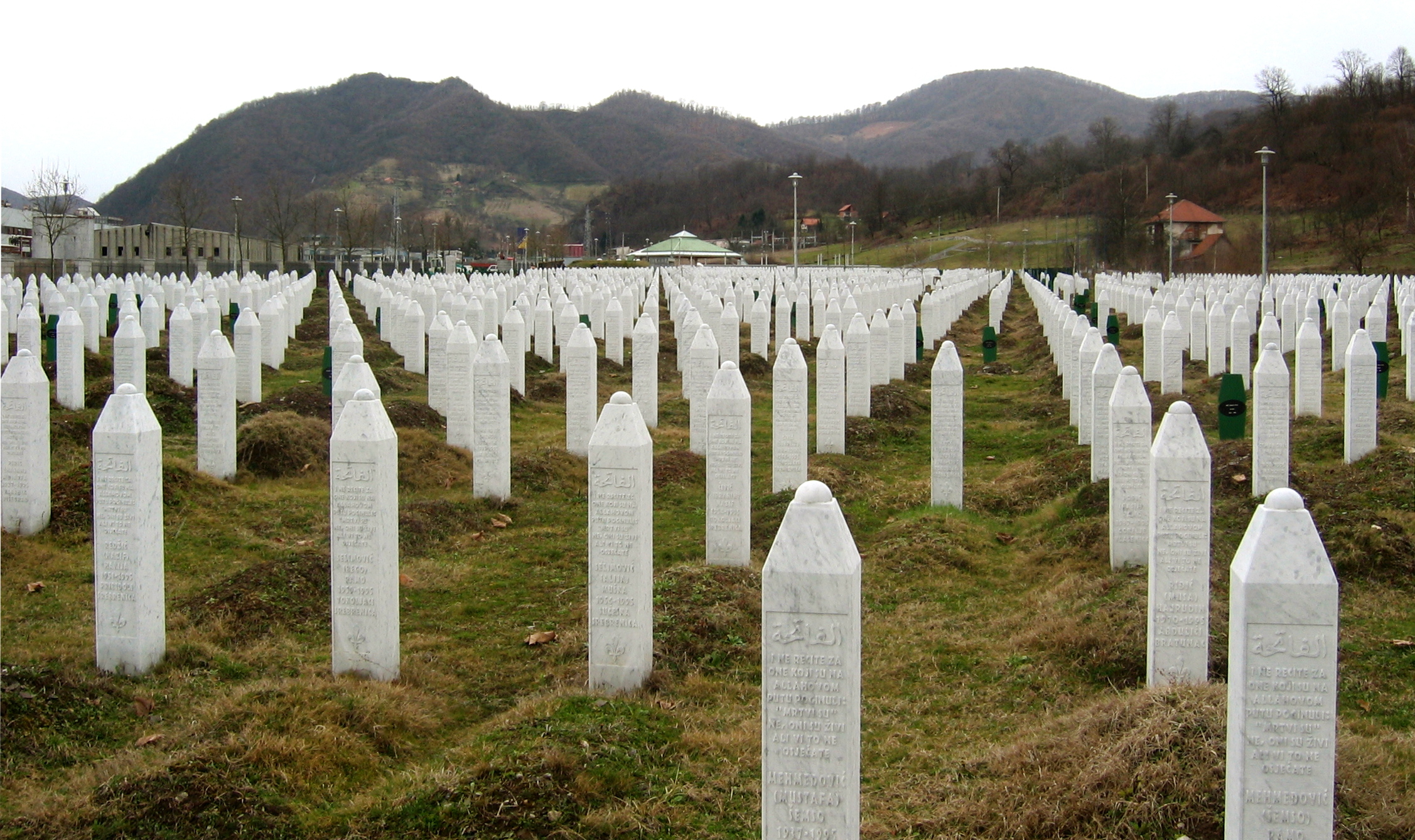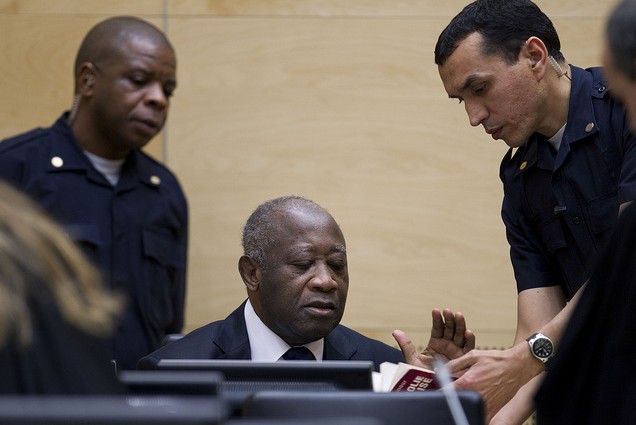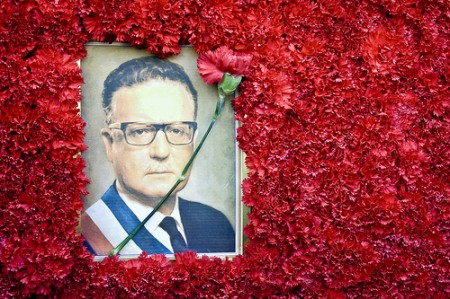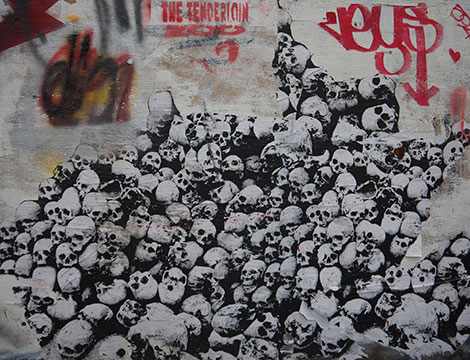
This article was originally published by World Affairs in June 2017.
“It’s easy predicting the future,” an old Soviet joke went. “What’s difficult is predicting the past.”
There is a war going on over the interpretation of history. A search for a “correct” version of the past has been launched in a number of countries, often by embittered nationalist forces, as in Poland. But the most aggressive assault is being orchestrated by dictators like Vladimir Putin, and China’s Communist Party leadership.
There is much at stake in this revisionist enterprise. The most alarming goal is to reappraise leaders like Joseph Stalin and Mao Zedong, to whitewash their atrocities and ensure that, at least for a domestic audience, they are presented as heroic figures whose crimes were miniscule in comparison with their achievements. Another objective is to depict the country in question as both the ultimate victim and the ultimate winner.

